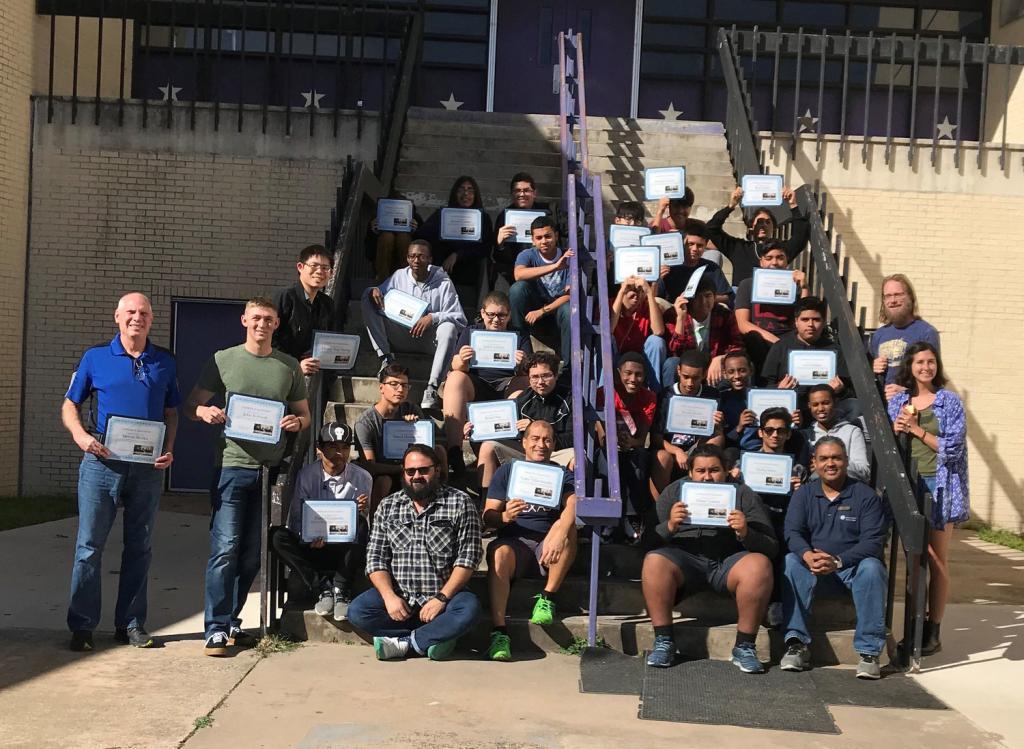A Semiconductor Curriculum and Learning Framework for High-Schoolers Using Artificial Intelligence, Game Modules, and Hands-on Experiences
Semiconductors are essential components of electronic devices, enabling advances in all important applications and systems such as communication, healthcare, and national security. In order to sustain the U.S.’s global competitiveness in the semiconductor industry, there is a growing demand for skilled semiconductor workforce. High schoolers are among the most frequent users of electronic devices. However, many do not know how these devices are designed and manufactured.
